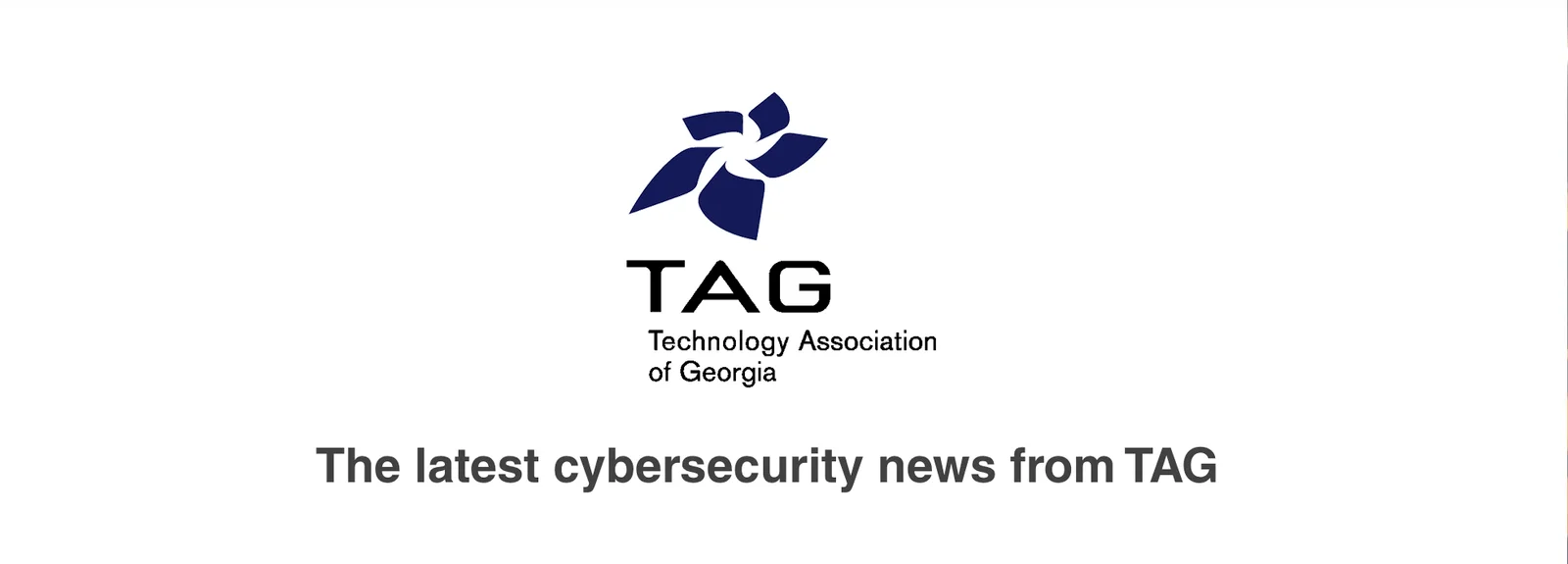
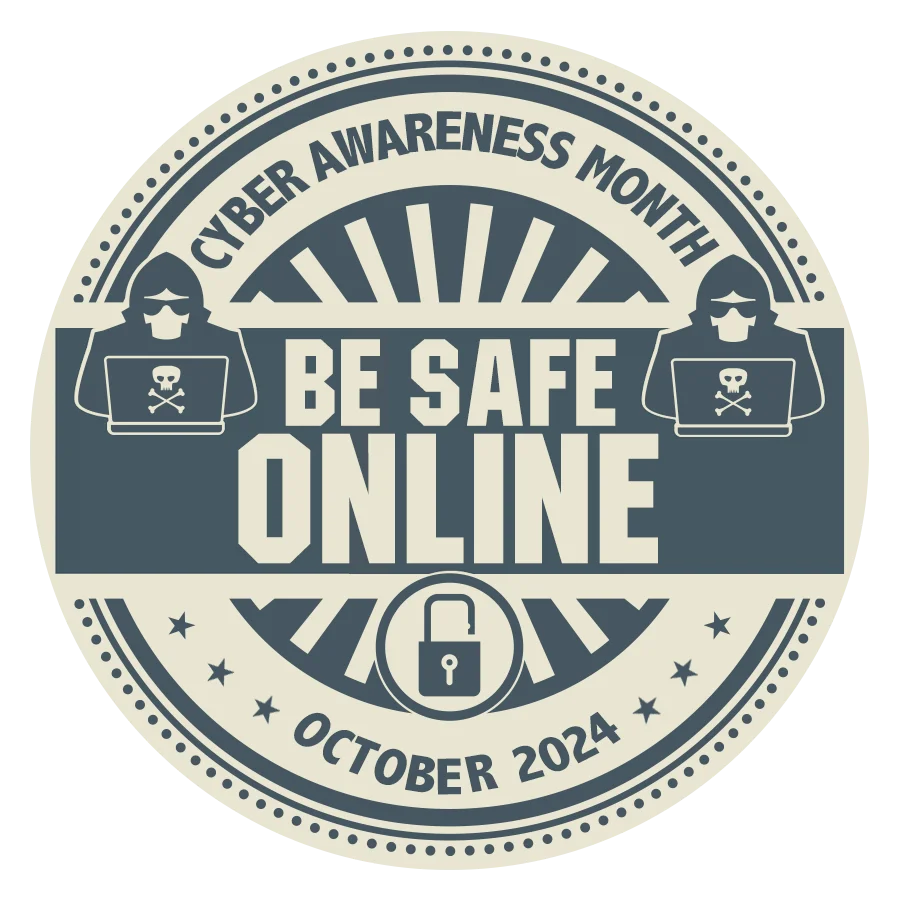
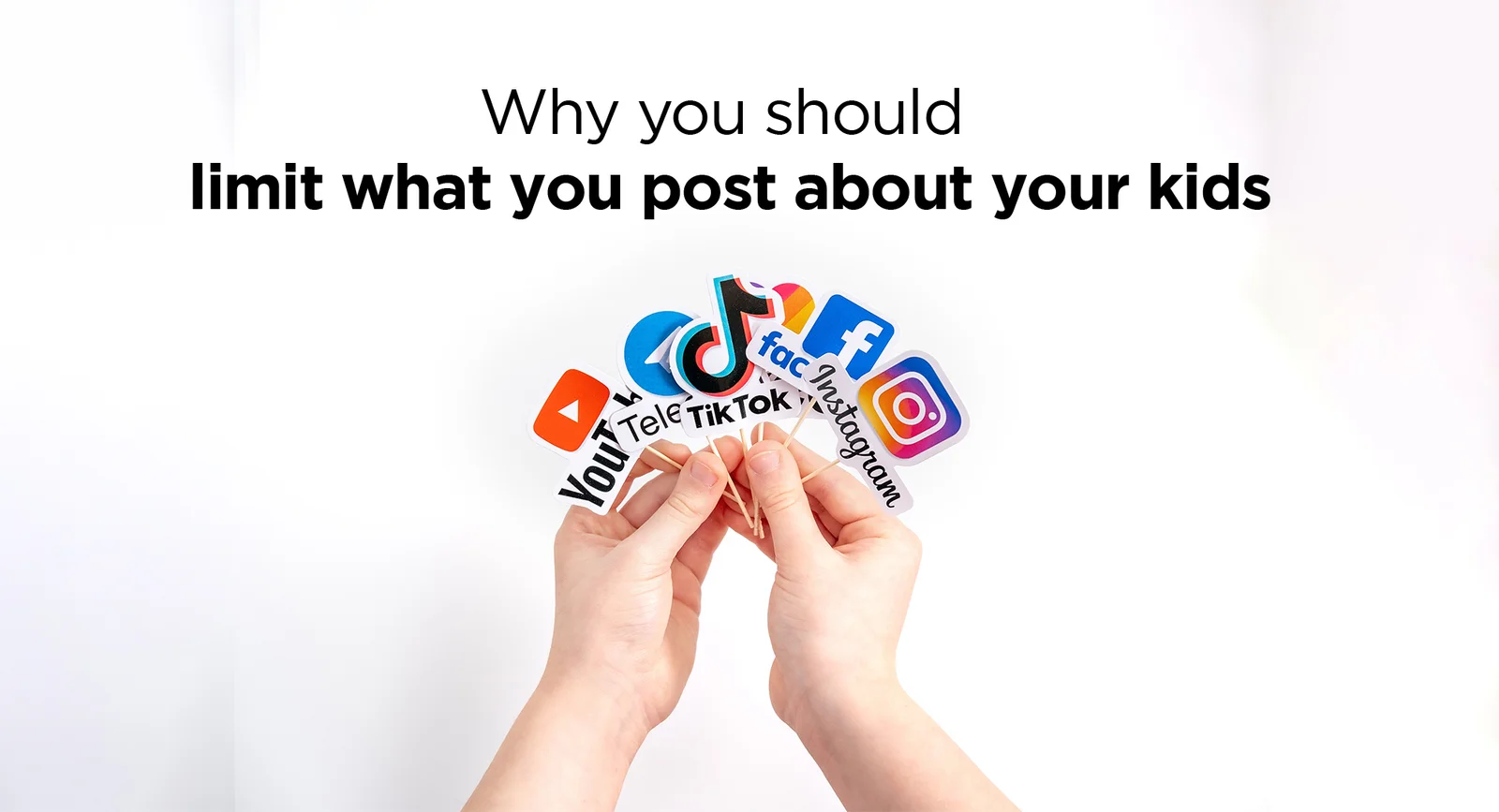

Phish of the Week
You receive an unexpected text from an unknown person
claiming a package addressed to you was mistakenly delivered to them.
What’s really happening?
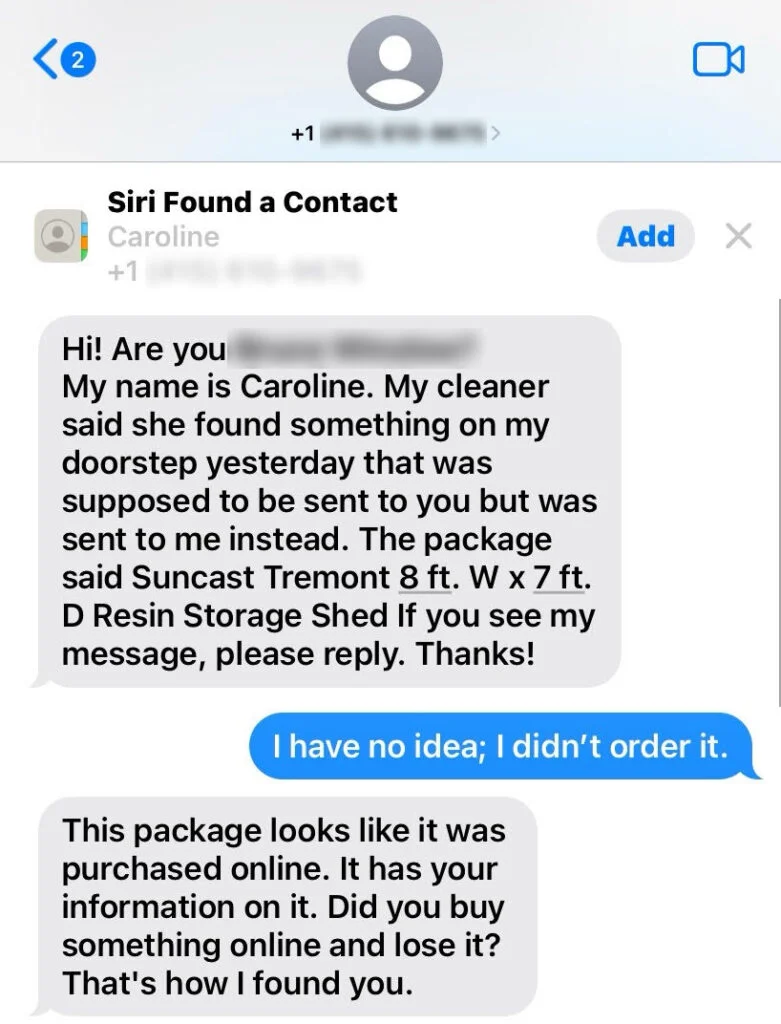
They’ll ask you to pay them to send the package to you.
But they won’t send it.
So, don’t pay them.
Cybersecurity News You Can Use

SMART CARS CAN BE STUPID: Kia owners, be sure to enable Kia Connect or manually update your car’s software. Kia Connect is the car’s built-in app that allows a vehicle’s system software to update automatically. According to Wired, hackers have discovered a method to access millions of Kia vehicles, potentially controlling certain functions of the cars and tracking a vehicle’s location. Kia is releasing an update to resolve this issue. Kia Connect is free for the first year, after which a subscription is required.

TOO GOOD TO BE TRUE: The Wall Street Journal says hundreds of thousands of people around the U.S. have fallen victim to a scam falsely promising Affordable Care Act (known as “Obamacare”) health insurance at low or no cost, along with debit cards loaded with thousands of dollars for groceries. The scam, advertised on Facebook, has led to the suspension over 200 agents permitted to sell government insurance.
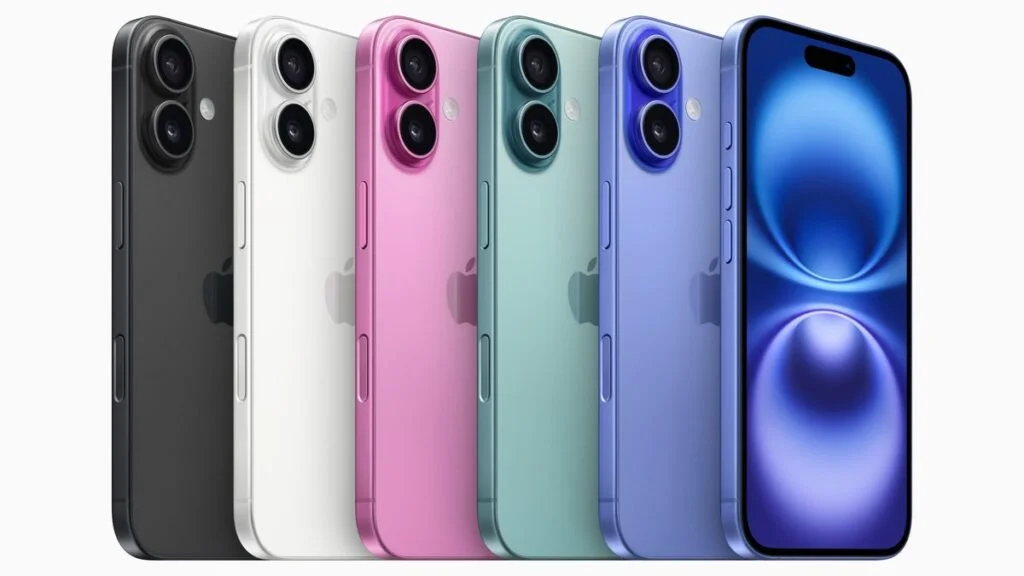
NEW IPHONE 16 MODELS ARE NOT DISCOUNTED YET: Be wary of social media posts and text messages advertising steep discounts on new iPhone 16 models or technical support for setup. Forbes says scammers direct victims to a website resembling Apple’s, with PayPal links to complete the fraudulent transactions.

Answers to Your
Cybersecurity Questions
“How do I stop receiving all these political texts?” — TiredOfItAll
Reputable political campaigns should honor your request to stop receiving texts if you reply with “unsubscribe.”
However, since many candidates have multiple groups sending messages, you may need to repeatedly unsubscribe from several different numbers. You can also adjust your text messaging app settings to show messages only from “known senders” in your contacts list.
Blocking individual numbers can be frustrating due to the large volume of political texts. Also, remember that the U.S. government’s Do Not Call registry does not cover political texts or calls.
Trustwave also reports a recent surge in phishing emails and texts promoting candidates that aim to steal personal information like credit card numbers. Stay cautious.
“I have been using Kaspersky antivirus software on my personal computer. But I see where it has now been banned in the U.S. What should I do?” — ggerber
The U.S. government banned Kaspersky at the end of September, citing concerns that the company’s Russian ties present an “undue or unacceptable risk to U.S. national security or the safety and security” of the country.
In response, Kaspersky set its software to automatically uninstall and replace itself with UltraAV, another antivirus brand, without notifying users beforehand. While The Register says UltraAV is legitimate, the unexpected switch raised concerns about transparency and user consent.
TechRadar suggests considering alternative antivirus programs like Bitdefender, Norton, Avast One, McAfee+, and F-Secure as trusted options.
“Are the websites deleteme.com and haveibeenpwned.com safe to use?” — Linda T.
Services like DeleteMe, Incogni, Aura, and Optery offer to remove your personal information from websites and enhance your privacy. These typically require a subscription. PCMag suggests researching each service’s features and costs before choosing one.
Haveibeenpwned.com is a free site that helps you check if your email addresses or phone numbers have been compromised in data breaches and exposed to scammers. According to Malwarebytes, the site is safe and reputable.
Have I Been Pwned generates revenue through user donations, advertising from the password manager **1Password**, and subscription services that alert users when their email addresses appear on the dark web.
Original content © 2024 Aware Force LLC
